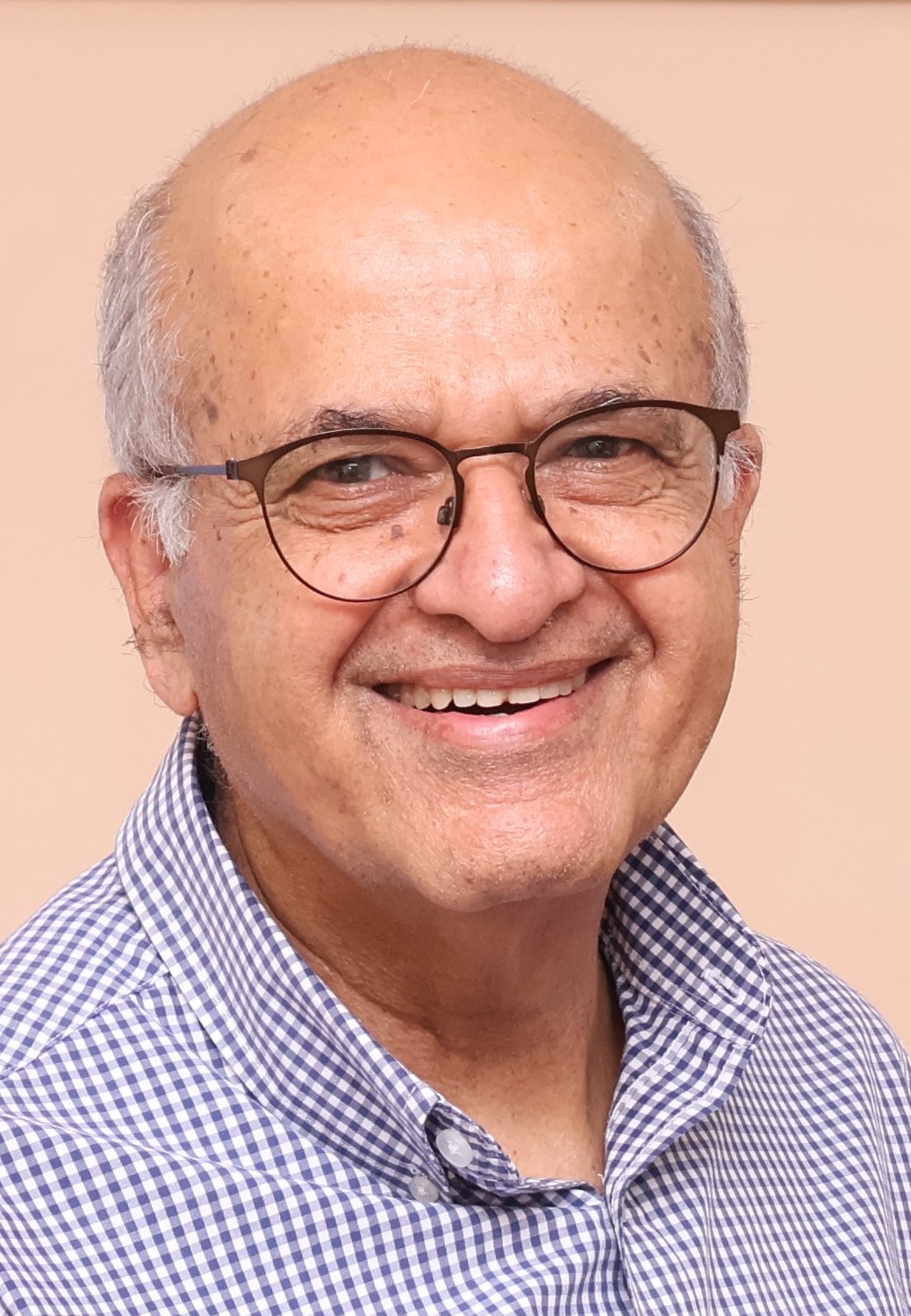Why health education should be mandated in every school
 Rahul Mehra, Chairman, Tarang Health Alliance (NGO), National Representative of India, UNESCO Chair, Global Health & Education
Rahul Mehra, Chairman, Tarang Health Alliance (NGO), National Representative of India, UNESCO Chair, Global Health & Education
The problem with most Indians is we believe we are a healthy nation, given that yoga originated in India, and because we host the highest percentage of vegetarians in the world. Are we truly healthy? According to WHO, the average number of years an Indian can expect to live in “full health” without disease and/or injuries is merely 60 years. (cf. Japan 74 years; China 69 years; Bangladesh 64 years). Compared to other Asian countries, the health of our nation is clearly lagging.
Poor health limits our ability to realise our full potential which also impacts our happiness quotient. India was ranked #126 out of 143 countries in the 2024 Happiness Report. Poor health hampers our productivity which makes us less competitive globally. It also pushes millions of people below the poverty line and many families become bankrupt due to high medical expenses.
Why are we not a healthy nation? There is a high prevalence of diseases and disabilities like infectious diseases, heart disease, diabetes and lung disease. About a third of our adults have high blood pressure and a quarter are diabetic or pre-diabetic. It is not unusual to hear about a young relative or friend suffering a heart attack before turning 40. These diseases are caused by malnutrition, poor hygiene, air pollution, lack of physical activity, tobacco use, etc. When an average Indian falls ill, he has limited access to quality healthcare. Although India is a hub of world-class hospitals and doctors, high out-of-pocket expense limits access.
What should we do? Our primary goal should be to prevent diseases by developing healthier lifestyle habits. Of course, we need good doctors and hospitals in case we fall sick. In certain countries like Japan, healthy lifestyle habits are an integral part of their culture. Their food is healthy, and they maintain utmost hygiene in their daily lives. That is why they live in ‘‘full health” for 74 years, more than us by 14 years. Unfortunately, healthy lifestyle habits are not ingrained in our culture.
It is a difficult take to improve health habits of an average Indian adult. Lack of daily physical activity, addiction to sugary/salty foods or tobacco becomes ingrained in their brains. The only long-term solution is to educate our children to develop healthy habits when their minds are still impressionable. Therefore, health education needs to be introduced formally in schools just like science, math or language to teach children ways and means of how to improve physical, mental & social health behaviour. Limited research suggests that this will require about 80-90 minutes of weekly instruction by engaging with innovative pedagogies. General awareness about health is necessary but not sufficient. A child can be taught about good nutrition and hygiene but that does not ensure they practice it. They need to be taught why and how to practice these habits, in the same manner that teachers are trained how to teach science or math; we will need a cadre of teachers certified to teach health education.
Improving health behaviour will also require the engagement of family members and teachers as role models. Schools need to conduct sessions for parents on health topics on a periodic basis as many parents also need to be educated. This could be done physically or online. Students will also influence their parents to practice healthy habits. We need to ensure that children are physically active for at least 60 minutes per day. We also need school health services to monitor for anaemia, obesity, mental health etc. If there is a school canteen, it should serve only healthy meals. All this should be encompassed under a comprehensive School Health Program comprising health education, parent engagement sessions, physical activity for children, training teachers to be role models, healthy canteen and health services and ensuring that students feel physically and emotionally safe in schools.
Unfortunately, National Education Policy 2020 does not recommend health as a compulsory subject. Instead, it mandates “Physical Education” as a “curriculum area”. Health is termed as an inter-disciplinary area. This will dilute focus on this subject. If we want our children to have the foundation to realise their full potential, we need to ensure that a comprehensive School Health Program is implemented in every school. Several countries, including United Kingdom and China have adopted health education as a compulsory subject.
Each of us can also be an advocate for health education in their child’s or grandchild’s school. You can talk individually or organise parent groups to demand a health education curriculum from the school’s principal or State Board of Education. We need to sow the seed now so we can reap the benefits in years to come.
Also read: Focused visionary – Dr. Rahul Mehra


















Add comment